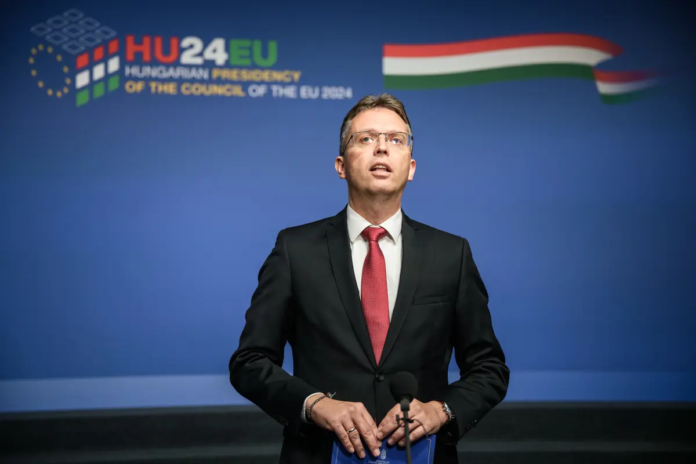BRUSSELS — The European Union Council has approved conclusions calling for greater support for young people in rural and remote areas.
In a press statement on Monday, EU Council emphasized the need to improve access to education, employment, and “glocal” opportunities to address Europe’s demographic challenges.
“All young people in Europe should have equal access to quality education, training, and job opportunities, yet too often those living in rural and remote areas are left behind,” said Balázs Hankó, Hungary’s Minister for Culture and Innovation.
“Today’s conclusions highlight the challenges faced by rural youth and call on member states and the Commission to foster ‘glocal’ opportunities for young people to ensure they have equal possibilities locally.”
The term “glocal” refers to integrating local and global opportunities, encouraging young people to think globally while acting locally. The Council’s conclusions address disparities between rural and urban areas, where young people often face limited access to education, job opportunities, healthcare, and social services, prompting many to migrate to urban centers.
To bridge this gap, the Council is urging member states to:
Strengthen digital infrastructure to improve rural youth’s access to online services.
Involve young people in decision-making at all levels.
Create diverse, high-quality job and training opportunities in sectors like agriculture and climate adaptation.
Promote intergenerational solidarity through local youth organizations.
Train professionals and educators to recognize and support the diverse talents of rural youth.
The Council also called on the European Commission to enhance access to EU initiatives and funding for rural youth, while increasing their visibility in EU youth programs, including the post-2027 EU Youth Strategy.
“Rural communities are integral to the EU’s identity and sustainable development,” Hankó added. “But young people in these areas face unique challenges that must be addressed to reverse depopulation trends and strengthen rural regions.”
This decision aligns with the Council’s 2023 conclusions on “a long-term vision for the EU’s rural areas,” emphasizing the importance of funding access, flexible employment, and youth participation in policy-making as part of the Hungarian presidency’s focus on tackling demographic challenges.




